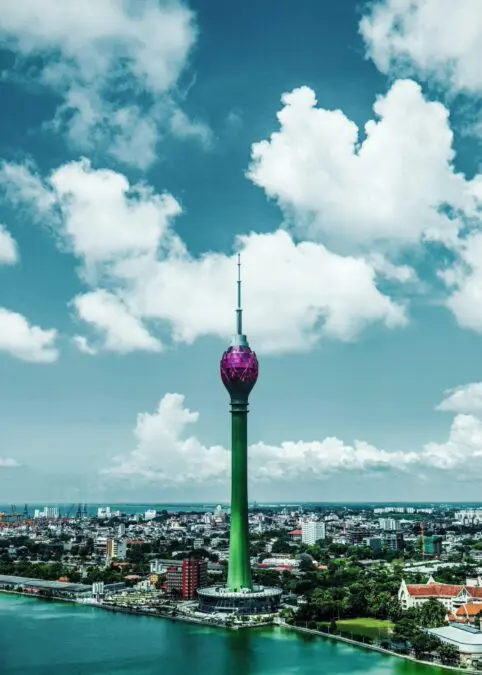On July 13, the ousted leader, his wife and two bodyguards took an Air Force plane to the Maldives and from there to Singapore
Former Sri Lankan head of state Gotabaya Rajapaksa, who fled the country in July after tens of thousands of protesters stormed his home and office to protest the country’s economic crisis.
Rajapaksa flew into Colombo International Airport on Friday from Bangkok via Singapore.
On July 13, the ousted leader, his wife and two bodyguards took an Air Force plane to the Maldives and from there to Singapore. There, the president officially resigned. Two weeks later he left for Thailand.
For months, Sri Lanka suffered a severe economic crisis that sparked extraordinary protests and unprecedented public anger that eventually forced Rajapaksa and his brother, the former prime minister, to step down.
The bankrupt country’s situation has been worsened by global factors such as the pandemic and the Russian invasion of Ukraine, but many hold the once-powerful Rajapaksa family responsible for mismanaging the economy and plunging it into crisis.
The economic collapse has led to months-long shortages of essentials such as fuel, medicine and cooking gas due to a lack of foreign currency.
Although cooking gas supplies have been restored through World Bank support, shortages of fuel, critical medicines and some food items persist.
The island nation has suspended payments on nearly €6.94 billion in foreign debt due this year. The country’s total external debt amounts to more than 50.9 billion euros, of which 27.8 billion euros must be repaid by 2027.
On Tuesday, President Ranil Wickremesinghe, who took over after Rajapaksa resigned, reached a tentative agreement with the International Monetary Fund on a bailout package of 2.9 billion euros over four years to help the country recover.
In April, protesters began camping outside the president’s office in the heart of Colombo, calling for the president’s resignation.
Before Rajapaksa resigned, his older brother stepped down as prime minister and three other close family members left their cabinet positions.
The new president of the country suppressed the protests. His first action as a leader involved the dismantling of protest tents in the middle of the night when the police forcibly removed the demonstrators from their place.
Photo by Kanishka Ranasinghe:







